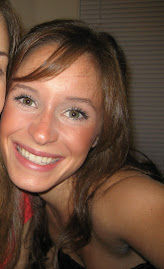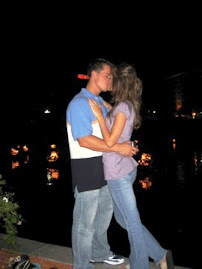Context/Premise:
Learning, service, service learning, schools, community, classroom, educational experiences, ideological, political and social goals, altruism, rich, poor, codes of power, reflection, homelessness, children, students, volunteering, caring, giving, charity vs. change, reaching out, experience rather than abstraction, relationships, progress, reality, democracy, civic duty, less fortunate, critical reflection, “otherness”, privilege, culture, culture of power, impact and transformation.
Argument:
Joseph Kahne and Joel Westheimer argue that “learning and service reinforce each other and should come together in America’s schools”.
Evidence:
- “Service learning can improve the community and invigorate the classroom, providing rich educational experiences for students at all levels of schooling.”
This statement indicates that students who participate in service learning projects are given a “rich educational experience” which they are able to take with them and use.
- “Service learning activities seek to promote students’ self-esteem, to develop higher-order thinking skills, to make use of multiple abilities and to provide authentic learning experiences.”
Within this statement it is believed that service learning enables the participant to go outside the box of their normal thinking and develop their “higher-order thinking skills.” Higher order thinking skills are very important and it is interesting to hear that those skills can be obtained from a service learning project.
- “Using the community as a classroom.”
I really liked this quote as I was reading the document because I genuinely believe in this statement. I feel as though this service learning project that I am a part of has helped me to change my perspectives of poverty students and has helped me to gain a stronger understanding of what the children in the poverty school systems have to offer. Many of these students are very polite and mind their manners just as any white child would. The preconception of “the ghetto” was diminished after I worked with students who would be labeled as being “ghetto.”
- “After they returned, the students’ perspectives on these elementary school children had changed. They were surprised at the children’s responsiveness and their attentiveness; they found the children to be extremely polite and surprisingly friendly.”
- “Curriculum theorist and education reformers wanted students to engage in service learning projects so that they would recognize that their academic abilities and collective commitments could help them respond in meaningful ways to a variety of social concerns.”
Once again, this statement grabbed my attention because of the last part, “help them respond in meaningful ways to a variety of social concerns.” I feel as though my service learning project has given me a “meaningful way to respond to a variety of social concerns.” Through this experience I am able to see that children are just children no matter where they come from and even though one child may be better off than the other it does not mean that I am to sit up on a pedestal with the better child and neglect the worse off one. As a teacher it is my job to educate all students who walk through my classroom door and give each one the necessary tools to strive and succeed in the real world or racism, sexism, and hardship. This class has also allowed me to understand the political issues which surround the classroom and the different ways in which to handle those differences. My service learning class has provided me with examples of what it would be like to work in a poverty stricken school and be faced with issues of power and race that I would not have other wide been provided with.
- “experience based learning opportunities, to motivate students, to help students engage in higher order thinking in contextually varied environments…”
Experience based learning is essential in the field of teaching and I strongly agree with learning through experience.
- “real impact is seen in its ability to promote powerful learning environments.”

About Me
- kendra
- heyy...my names kendra. I'm a sophmore @ ric studying to become an Eled. teacher with a concentration in social studies. I run xc and track for RIC and played soccer my freshmen year. I've been with my boyfriend for 5 years & goin strong haha<3 FYI me and katie are cousins :)so there's a little about me...ttyl
Subscribe to:
Post Comments (Atom)





1 comment:
I love the point you make about your conceptions of the "ghetto" changing as you work in your SL site.
LB
Post a Comment